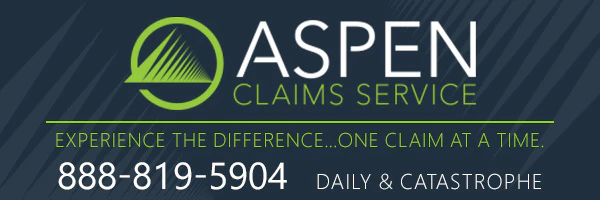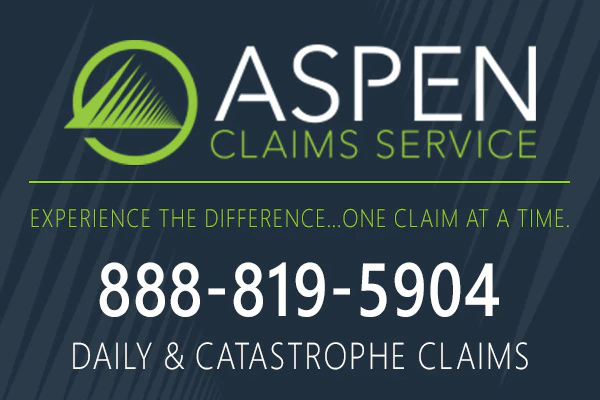
Disclosing Conflicts Before They Compromise You
Thursday, September 4th, 2025 Claims Pages Staff Ethics in Claims Adjusting: Building Trust in a Competitive IndustryEthics in claims handling isnt just about the decisions you makeits also about how those decisions are perceived. Thats why even the appearance of a conflict of interest can damage an adjusters credibility, no matter how fair the outcome. Transparency isnt optional in this profession. Its essential.
Conflicts of interest come in many forms. Some are obvious, like adjusting a claim involving a friend, former employer, or business partner. Others are more subtle, such as using a preferred vendor with whom you have a close professional relationship or feeling pressure from internal stakeholders to handle a claim a certain way. These situations dont always involve wrongdoing, but if left undisclosed, they can raise serious ethical concerns.
The key is proactive disclosure. When you recognize a potential conflict early and communicate it clearly, you take control of the narrative. This protects you, the integrity of the claim, and the trust your company has worked hard to build with policyholders and partners. A disclosed conflict can be managed. A hidden one can turn into a scandal.
Common red flags to watch for:
You have a personal or financial relationship with someone involved in the claim.
Youre being asked to work with a vendor or contractor you know socially or professionally.
A supervisor or executive has expressed interest in the claims outcome.
Youve previously adjusted a similar claim for the same party under unusual circumstances.
Your compensation structure could be influenced by the way this claim is resolved.
When these situations arise, dont assume youre on your own. Most carriers have internal reporting protocols and compliance teams designed to help adjusters navigate disclosures safely and discreetly. By documenting the relationship and referring the claimor aspects of itto an impartial party when needed, you protect your credibility and avoid future complications.
Its also important to be mindful of how you communicate disclosures. Stick to the facts, avoid overexplaining, and focus on the importance of neutrality. A well-documented disclosure not only strengthens your fileit sets the tone for a culture of ethics within your team.
Remember, disclosure is not an admission of biasits a demonstration of professionalism. Clients, coworkers, and regulators all appreciate when potential issues are addressed early and openly. In an industry built on trust, transparency is your most powerful safeguard.
By choosing disclosure over discretion, you reinforce your role as a fair and impartial professional. And in doing so, you dont just protect yourselfyou elevate the standards of the entire claims industry.
Ethical behavior in claims adjusting is more than a regulatory necessityit's the key to building lasting trust with policyholders, colleagues, and partners. In this series, "Ethics in Claims Adjusting: Building Trust in a Competitive Industry," we examine the frameworks, strategies, and mindset that help adjusters uphold integrity even under pressure.
Explore the full editorial collection at Ethics in Claims Adjusting: Building Trust in a Competitive Industry and discover how leading with ethics can elevate both performance and professional reputation.

